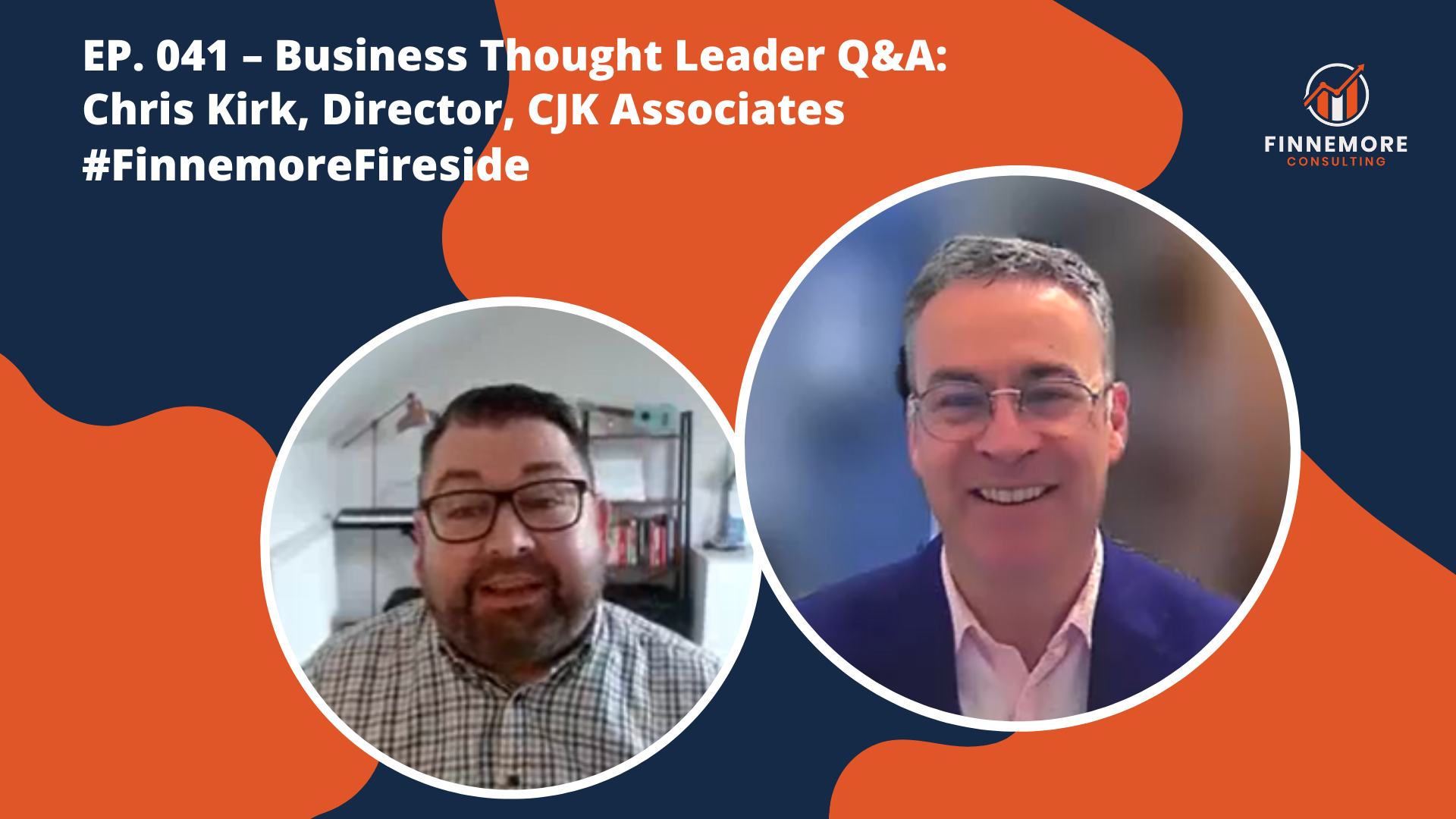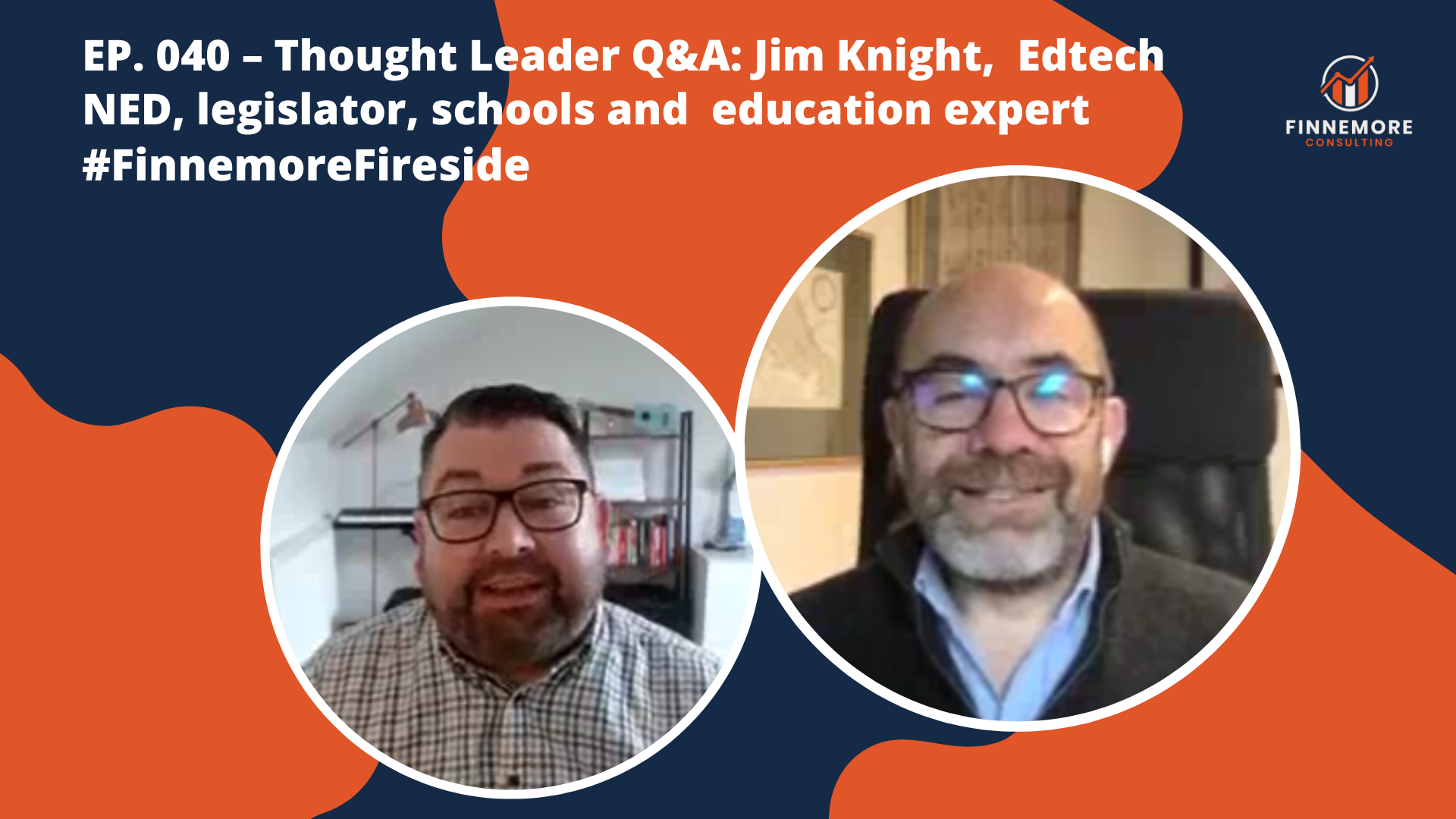The MIS sector in England continues to be in a state of flux and there are currently no signs of it settling down. Schools and MATs continue to switch suppliers, businesses and support teams are changing the way they operate, and new partnerships and being formed to enhance the value suppliers offer.
Is this a good thing for schools and MIS users? We certainly hope so, with change comes innovation, but I can see why MIS can feel like a pain in the backside as opposed to an opportunity to improve things for some schools and MATs.
Here are some of the big talking points in 2022 and our predictions for 2023
The challenges around ESS’ move to direct licencing and 3-year contracts continue
When ESS announced to all its schools that they required them to licence with them directly (as opposed to via an LA licence deal) and that all contracts would be for 3-years now as opposed to one, there was a great deal of pushback from schools culminating in a challenge from them and a subsequent investigation by the CMA.
ESS, having offered various incremental ‘break clauses’, is now proposing a ‘New Break Clause Offer’ which will allow some schools to apply to break their contract if they can provide ‘objective evidence of a clear intention to switch’. The application will then be assessed by an independent adjudicator. Whether or not the CMA feel this is fair and workable remains to be seen. At the time of writing, the investigation is still open but the decision is likely to be soon as the last CMA consultation period closed in December 2022.
Our predictions: given just how many schools are affected by the ESS decision to change their terms, it’s likely the CMA would have received many responses during the last consultation period – both from schools and suppliers alike. Is it realistic to ask schools to provide written evidence of conversations – that would have likely happened verbally – in order to be able to apply to move? Is the application process itself so complicated that it puts schools off and they simply stick with what they’ve got? All questions the CMA will be considering, but we can see this rumbling on into 2023.
(**UPDATE** on 10th Jan 2023, the CMA published its decision to accept commitments from ESS that enable certain schools (meaning those which had considered switching providers but concluded they did not have sufficient time to do so) to apply to an independent adjudicator for a 12-month break clause. If granted, the clause will allow them to exit their current three-year contract with ESS and choose an alternative provider, should they so wish. More details on our blog here, schools have until 10th Feb 2023 to make their application.)
The rate of churn in the market continues at an even higher rate than expected
The most recent census figures are out and show that, over the past year, 2,734 schools have moved away from SIMS to alternate MIS suppliers. It means they’ve lost 18% of their market share in one year, probably higher than anyone expected. It also means that lots of challenger MIS are gaining ground with Arbor and Bromcom being the big winners, and lots of other new and existing MIS suppliers continue to gain ground (I’d recommend checking out Josh Perry’s blog for a detailed breakdown of market share by supplier).
Our predictions: Is this likely to continue into 2023? Everything indicates that it will. The school census figures are a good indicator of what’s going on but they always give a slightly delayed view on the market; they tell us which MIS the school used to submit the census, but they don’t reflect any recent procurements or new contracts schools may have entered into (e.g. the recent West Sussex procurement). In the face of an enforced 3-year contract, many SIMS schools scrambled to move to an alternate MIS and there are still migrations in progress. We know that more schools, academies and MATs also intend to test the market there but felt that they couldn’t run a fair and thorough procurement within a limited timeframe (we talk about this below).
The acceleration in churn we’re seeing is not just due to contract issues though. There is a real desire for new solutions which offer schools something different, and which better meets the needs of MATs. Bromcom and Arbor have made significant gains, and the primary-focused cloud MIS (Scholarpack, RM Integris and Horizons/Pupil Asset) have held fairly steady. There are also new players out there which schools are happily choosing to switch to. IRIS Ed:Gen was the next fastest grower, and Compass Education is already busy getting schools live here in the UK. ET-AIMS and Go4Schools have new MIS offerings which are sparking interest, and Satchel recently announced that they intend to build an MIS too. There’s lots of potential for growth and a very high likelihood that we’ll see more churn.
What’s next for Support Teams
The role and nature of school support teams continue to evolve. As an LA team, only offering support for one MIS option feels more and more precarious as the level of churn amongst schools, academies and trusts increases each year. However, by and large, MATs, schools and academies often still want to buy into local support – they still want to work with the colleagues with which they’ve built such great relationships. As a result, the number of support teams forming partnerships with MIS providers other than SIMS has increased drastically, and many now offer multi-MIS support. The progressive teams understand that the priority is helping their schools achieve their goals, and it’s something they plan to continue to do in the future – irrespective of the systems they use. They “support the process, not the product”.
Our predictions: unfortunately, those LA teams that only offer SIMS support to their schools are going to find it harder and harder in the future. LAs no longer hold a SIMS licence in perpetuity as was once the case as ESS mandates that all schools licence with them directly so LAs are no longer a route to a preferential SIMS licence deal. ESS is offering its own support contracts directly to SIMS schools at a favourable price so these teams may find that some of their schools won’t buy into their MIS SLAs at all. In addition, we’ve heard anecdotally that ESS plans to discontinue the annual entitlement rebate that has traditionally been available to LA teams in return for them supporting SIMS. For many, it may mean there is no longer a viable business.
(N.B. we have a new #FinnemoreFireside coming up with Catherine Tallis, Director Of Business Services at Herts for Learning Ltd where we discuss the challenges above – watch this space)
An increased focus on procurements
As indicated by the amount of churn, it’s clear there are likely to be more procurements underway than ever. Depending on the size of the school or trust, this can be a complex process involving stakeholders from across all areas of operations, teaching and leadership. At any one time, an MIS supplier will also be responding to multiple tenders so we’d definitely encourage the use of a framework such as G-cloud or Everything ICT. It helps the process run smoothly and helps guard against any legal challenges.
Our predictions: We anticipate school and MAT requirements becoming more high-level and strategic as it becomes clear what brand-new cloud-based MIS can help them achieve. While lots of requirements have tended to focus on functionality in the past (e.g. can you take a register, can you submit the census) these are things that all MIS can do. A decision which is made purely on basics and price rarely gets schools and Trusts what they need.
We’re starting to see Trusts ask more of MIS suppliers in terms of how they will help them meet their own overall strategy. For example:
- How will the MIS help them meet Carbon net zero targets by 2030?
- How will the MIS provide the insight on students we need to successfully run a national academy chain?
- How does the MIS help us allocate budget to staff resources accordingly based on effective pedagogy?
Being a straight admin/office tool is not enough anymore, Trusts are looking for software partners with long-term benefits.
The desire for cloud solutions continues
There has always been a strong case for a school to move all its systems to the cloud, and this was brought into sharp focus by the pandemic. Anytime, anywhere access became absolutely crucial as school staff were unable to gain physical access to buildings. Even when they could, many students were still attending school remotely so there had to be solutions in place to cope with remote learning – it caught a lot of people out and accelerated cloud strategy.
The argument around TCO (Total Cost of Ownership) is now more important than ever as, once again, schools find their budgets being shrunk so any way to save money has to be considered. Cloud solutions mean that schools don’t need to buy or house a server so there are all the associated power and air-con cost savings that go with it.
Carbon targets and a successful net zero strategy are also becoming a higher priority for schools as we head towards 2030, they want to waste as little energy as possible and the cloud helps them get there.
Our predictions: schools will of course want to move to the cloud where possible and all the MIS suppliers understand this. The fast-growing suppliers are cloud-based as you would expect, and ESS has a cloud strategy with its Next Gen solution planned for the future.
For schools and Trusts who find themselves with a client-based MIS for the foreseeable future, there are other options out there to help your cloud strategy. For example, suppliers can sometimes help with this directly, and school support teams such as Scomis offer SIMS hosting so you no longer need to buy and maintain servers.
Partnerships, mergers and acquisitions
There has been so much acquisition activity around MIS in recent years and this continued in 2022 with RM announcing the sale of the division that includes the Integris MIS to The Key Group. When the deal goes through, The Key will have around a 33% MIS market share in the English-maintained sector (across Arbor, Scholarpack and Integris) which makes them a huge player, second only to ESS SIMS which currently has around 56%.
Suppliers of MIS-adjacent solutions have also continued to form fruitful partnerships as it becomes clear that there’s not a ‘one-size-fits-all’ solution for schools and Trusts, and flexibility is everything.
Our predictions: We’re seeing increased merger, acquisition and partnership activity amongst support teams too. For example, it was recently announced that School ICT Services Ltd had been acquired by Oxfordshire-based provider of education ICT services, Turn IT On.
We’re also seeing more and more LA support teams working in partnership with each other in order to pool expertise and deliver valuable services to their schools. For the reasons outlined earlier in the blog, we see this sector in particular as one to watch as the nature of SIMS support teams changes.
So, all in all, an eventful year in the sector and we can see more change coming in the future. While it feels like a lot of battles are currently being fought around contracts and agreements, we’d really like to see what’s coming next in terms of innovation. Who’s out there redefining the role MIS will play in schools in the face of changing requirements?
We’d love to hear what’s next and look forward to working with suppliers, schools, Trusts and support colleagues throughout 2023.










